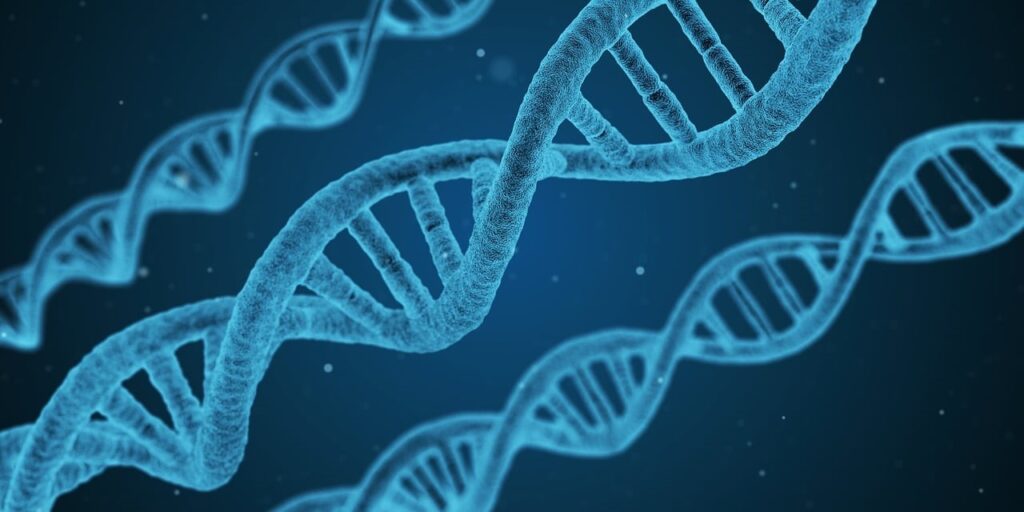
DNA is the genetic material that carries the information for the development and function of all living organisms. It is used for a wide range of purposes, from basic research to practical applications in medicine and forensic science. One example of its use is doing a DNA test while pregnant. This test can determine if the fetus has certain genetic disorders or chromosomal abnormalities. DNA testing can also be used to establish paternity or maternity, and to identify missing or unidentified individuals. Additionally, it plays a crucial role in modern medicine, such as personalized medicine and gene therapy. DNA is also an important tool in forensic science, helping to solve crimes and identify victims of disasters. As the technology continues to improve, the range of applications for DNA will likely expand further in the future.
Home testing vs. legally valid testing
Home testing and legally valid testing are two different methods of obtaining DNA results. Home testing is a convenient and cost-effective way for individuals to obtain DNA information without the need to visit a lab or healthcare professional. The test can be done in the comfort of one’s own home, and the results are usually available within a few days. However, home DNA testing results are not admissible in court. Legally valid testing, on the other hand, is typically done in a laboratory setting and is overseen by trained professionals. The results are considered legally binding and can be used in court or other legal proceedings. This type of testing is more expensive and time-consuming. The samples must be collected and handled by an appointed courier to guarantee the chain of custody.
Do DNA tests expire?
DNA tests do not expire in the sense that the sample itself does not degrade over time. However, the technology and methods used to analyze DNA samples can change and improve over time, which could impact the accuracy and reliability of results. For example, some DNA testing kits that were used in the past may not have been as accurate as the ones currently available on the market. Additionally, as new genetic information is discovered, the interpretation of certain genetic variations may change. It’s important to note that DNA does not remain static throughout a person’s lifetime. DNA mutations can occur naturally and can be caused by a variety of factors such as exposure to environmental factors, aging, or disease. Some mutations may have no effect on an individual’s health, while others may be associated with genetic disorders. This is why it’s important to consider the potential for mutations when interpreting DNA test results.